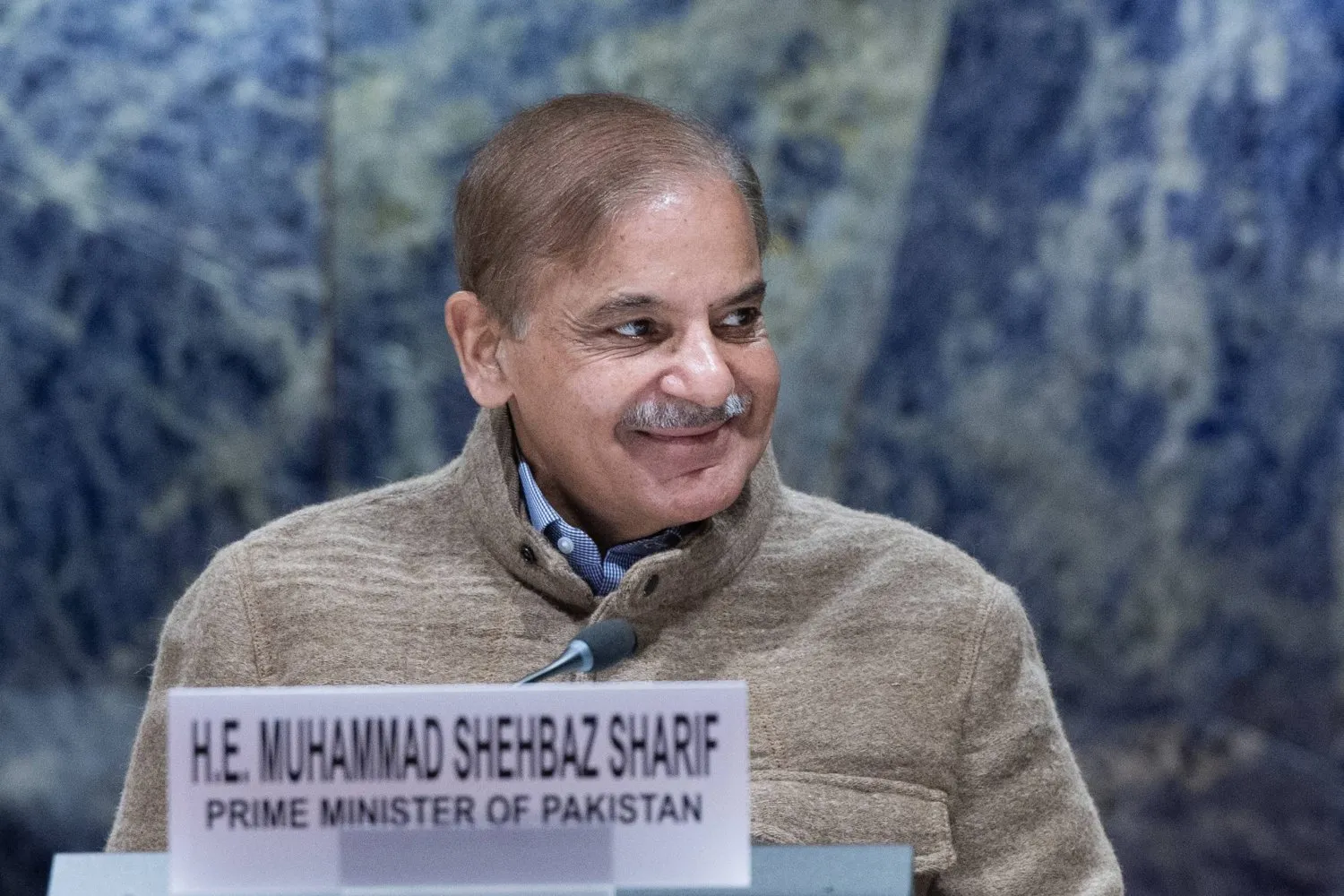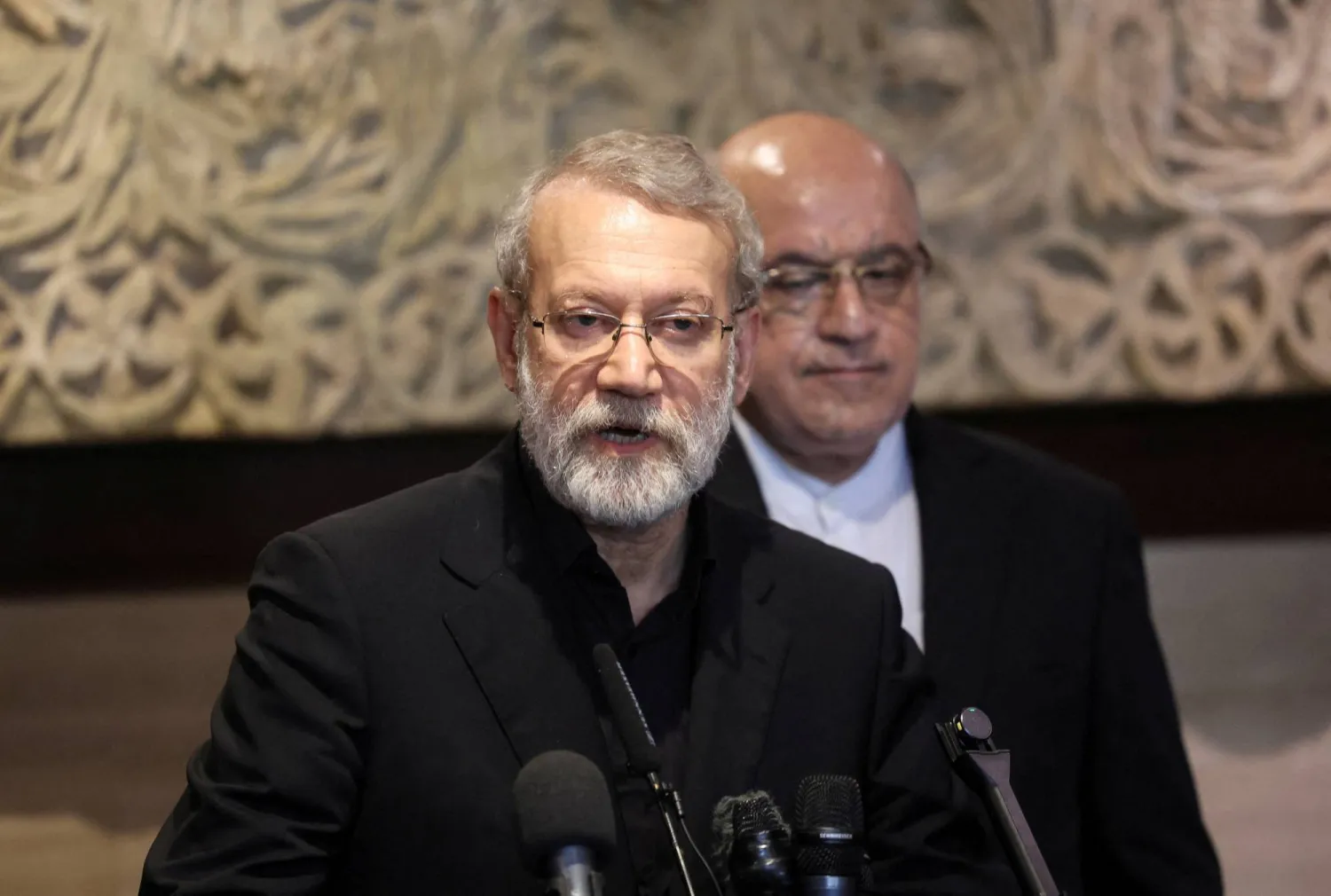Attacks by separatist militants in Pakistan's southwestern province of Balochistan are aimed at stopping development projects that form part of the China-Pakistan Economic Corridor (CPEC), Pakistani Prime Minister Shehbaz Sharif said on Tuesday.
The assaults that began on Sunday, killing more than 70, were the most widespread in years by ethnic militants seeking to win secession of the resource-rich province, home to major China-led projects such as a port and a gold and copper mine.
“The terrorists want to stop CPEC and development projects,” Sharif said in a televised address to cabinet, adding that the militants also wanted to drive a wedge between Islamabad and Beijing.
CPEC, said to have development commitments worth $65 billion, is part of Chinese President Xi Jinping's Belt and Road initiative.
Pakistan has not been able to fully build the infrastructure needed to tap mineral resources in poverty-stricken Balochistan, and has sought China's help in developing the province.
In Beijing, China condemned the attacks and vowed to maintain its support for Pakistan's counter-terrorism efforts.
“China is ready to further strengthen counter-terrorism security co-operation with the Pakistani side in order to jointly maintain regional peace and security,” Lin Jian, a foreign ministry spokesperson, told a regular news briefing.
Beijing has previously flagged concerns about the security of its citizens working on projects in Pakistan, particularly in Balochistan.
Six Chinese engineers working on a dam project were killed in March in the northwest.
Separatist militants have also targeted Balochistan's deepwater Gwadar port, which is run by China.
One of the groups, the Balochistan Liberation Army (BLA), took responsibility for this week's simultaneous attacks on police stations, railway lines and highways in the province, the largest but least developed of Pakistan's four.
Hundreds of its fighters, including seven suicide bombers, participated in the attacks, it said in a statement.
Chinese targets have previously come under attack by several Baloch militant groups, who say they have been fighting for decades for a larger share in the regional wealth of mines and minerals denied by the central government.









